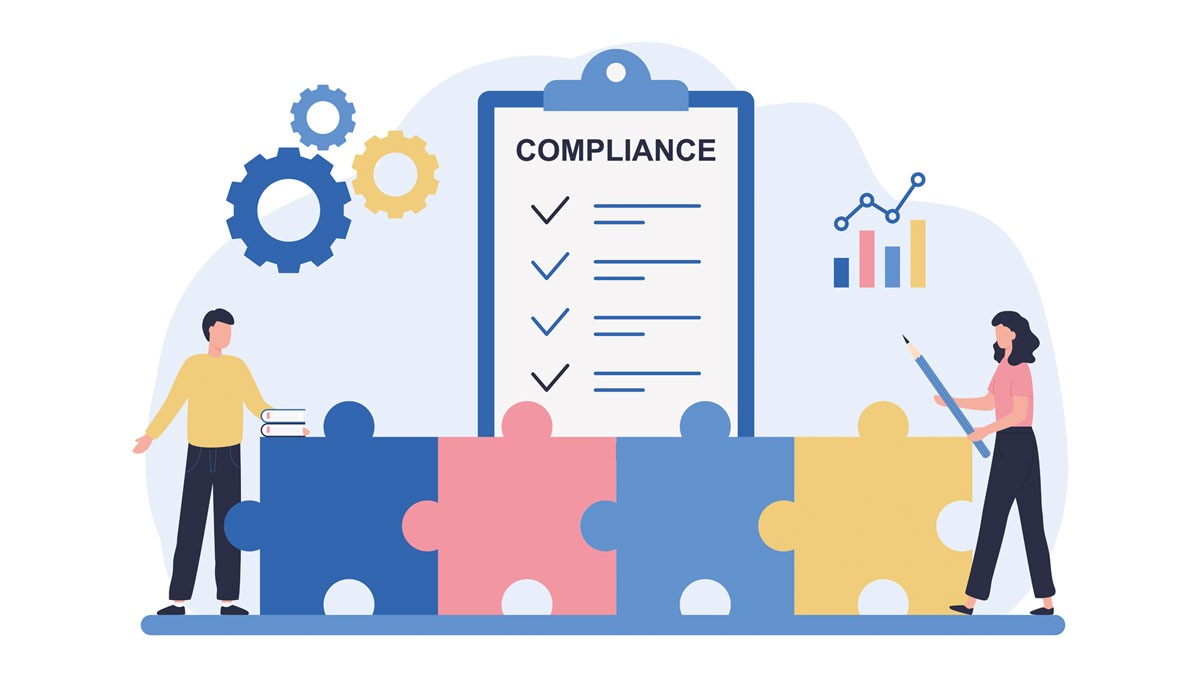
Are you aware of the ASQA marketing guidelines for RTOs and how they impact your RTO’s ability to attract and retain students? Do you worry about the potential consequences of non-compliance with ASQA marketing guidelines?
You play a major role in a learner’s career growth while providing a career opportunity to the staff you employ. To stay profitable, you need to follow certain steps like developing compliant training resources, validating assessment tools, recognising prior learning and marketing or advertising your services.
This blog, “Why RTOs Must Comply with ASQA Marketing Guidelines for Advertising”, will discuss
Since the ASQA guidelines can be difficult to understand, this blog will act as your guide to follow the guidelines. Let’s begin.
You must align the marketing and advertising campaigns with the ASQA standards for RTO 2025. Clause 4.1 mandates RTOs to follow these guidelines.
According to ASQA, you must provide information regarding all the training programs to potential and enrolled students. This information should not be fabricated in any manner or difficult to access. Such a declaration will help learners to decide if they are willing to go ahead with the admission or the program.
You will be preparing marketing materials to advertise their training programs; these materials should consider the following :
For more information regarding ASQA guidelines click here.
RTOs can use several channels while complying with the marketing standards and providing true and accurate information. Some of the channels are as follows:
RTOs may be issued notice for non-compliance and can get their registration cancelled. A non-compliance notice is given when an RTO fails to follow the VET standards and violates the VET quality framework. Ensure your marketing campaigns are both compelling and compliant with these tips. Attract potential students, accurately represent your training programs, and uphold the integrity of VET in Australia.
While following the ASQA standards, the RTO must also abide by other laws and regulations regarding advertisement and marketing like Spam law and Australian Consumer and Law (ACL). The Australian Consumer and Law (ACL) does not allow false or misleading representations and Deceptive conduct. TO control unsolicited commercial electronic messages, the Spam Act is in place which RTOs must comply with.

The following tips will be very helpful in developing RTO’s marketing plans. These plans will also help them to stay compliant with .
As an RTO, adhering to the ASQA marketing guidelines for advertising is not just a legal obligation; it’s an investment in your organisation’s reputation and long-term success. By following these guidelines, you can protect your RTO from potential legal and financial repercussions, while simultaneously building trust with prospective learners and establishing yourself as a responsible and ethical provider of vocational education and training (VET) services.
In today’s competitive VET landscape, maintaining a positive reputation and attracting a steady stream of enrollments is crucial for survival. By complying with the ASQA marketing guidelines for RTOs, you can safeguard your organisation’s image, boost admissions, and cultivate a thriving learning environment for your students. Remember, compliance is not just a matter of avoiding penalties; it’s about demonstrating your commitment to ethical practices and ensuring that your RTO operates with the highest standards of integrity.
If you are an RTO looking to purchase ASQA compliant training resources, learner resources or training packages then VET Resources is your partner. We also offer consultation in all matters related to RTO. For more information contact us here.
RTOs can contact ASQA on the info line number- 1300 701 801 between 9:00 am to 7:00 pm AEST from Monday to Friday or by emailing enquiries@asqa.gov.au
Course code is generally in the form of (Course code) (Course name) and contains Roman numerals (if required). Example- CUADIG511, HLTAHA003
While advertising through printed media, emphasis should be on the RTO code being clearly visible. Also, the NRT logo should be put only when the training product being advertised is registered in your scope of registration.
While using social media as a marketing channel, a few things need to be taken care of. The Page/post/tweet should contain your RTO code. RTO may use the name and code as the name of the social media page as well. Replying to the comment on the posts/tweets does not require your RTO code.
RTO’s Marketing Manager approves all the plans and activities to ensure their compliance with Marketing guidelines like ACL and Spam.
Disclaimer:
The information presented on the VET Resources blog is for general guidance only. While we strive for accuracy, we cannot guarantee the completeness or timeliness of the information. VET Resources is not responsible for any errors or omissions, or for the results obtained from the use of this information. Always consult a professional for advice tailored to your circumstances.
Ben Thakkar is a Compliance, Training, and Business specialist in the education industry. He has held senior management roles, including General Manager, with leading Registered Training Organisations (RTOs) and Universities. With over 15 years of experience, Ben brings extensive expertise across audits, funding contracts, VET Student Loans, CRICOS, and the Standards for RTOs 2025.
Ben Thakkar
By submitting this form, you agree to the VET Resources Privacy Policy.
Notifications